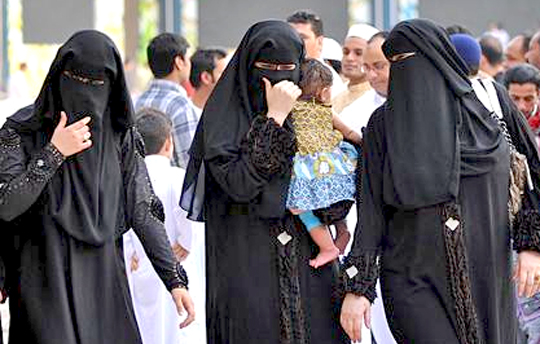 Jeddah, Oct 29: Ending days of speculation on the matter, the Labor Ministry on Tuesday announced that expatriate women teachers on dependent visas can work at private schools without transferring their sponsorship.
Jeddah, Oct 29: Ending days of speculation on the matter, the Labor Ministry on Tuesday announced that expatriate women teachers on dependent visas can work at private schools without transferring their sponsorship.
In an exclusive statement to Arab News, Ahmed Al-Humaidan, undersecretary for labor policies at the ministry, said: “The decision is aimed at offsetting the shortage of teachers at private schools with a view to utilizing locally available expertise rather than bringing in new teachers from abroad.”
However, teachers would have to apply for posts through the Labor Ministry’s Ajeer system and get formal approval from the Education Ministry to ensure they have the required qualifications and experience. The system does not accept applications not approved by the Education Ministry, Al-Humaidan stated.
Moreover, the applicant would have to undergo tests by the Education Ministry similar to those for resident teachers. Preference would be given to Saudis. If Saudis are not available, then women expatriate teachers would be employed, he said.
The announcement comes after conflicting comments by labor ministry officials over the past few days. Initial reports, quoting unnamed labor ministry sources, had claimed that expatriate women teachers would be able to work without transferring their sponsorship. This was followed by an official in Jeddah on Monday saying that a proposal on the matter is being considered, but not approved.
The initial media reports had resulted in many teachers expressing happiness that they would be allowed to work while remaining under the sponsorship of their husbands, fathers or brothers.
Arab News had received hundreds of calls and queries from teachers asking to verify the reports.





Comments
Add new comment